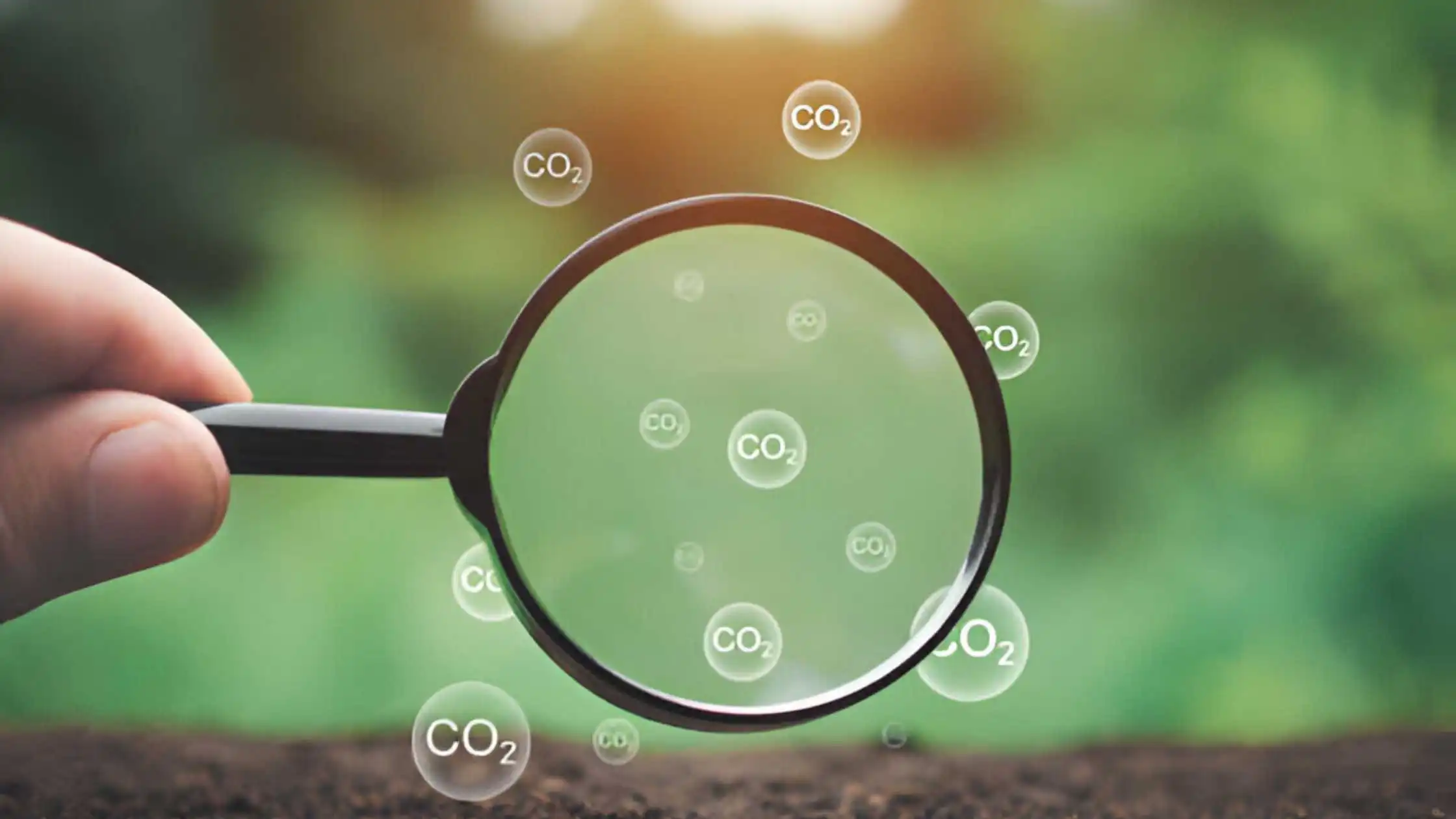There are stories about how psychedelics changed the minds of entrepreneurs, not only seeking enlightenment in the San Francisco Bay Area beginning in the late 60s and early 70s but incorporating their psychedelic visions into business models.
There are anecdotal stories about Steve Jobs taking psychedelics to help visualize the design of the iPad and iPhone. Many believe that the whole Silicon Valley environment that sprung up in the 70s and 80s had a psychedelics-driven lifecycle that continues with the popularity of micro-dosing psychedelics today.
In the book “The Psychedelic Explorer’s Guide,” author and psychedelics pioneer James Fadiman wrote that two Nobel laureates used LSD. They attributed it to breakthroughs in their human DNA research: Francis Crick reportedly said that the inner vision of the double helix of DNA came from LSD. Chemist Kary Mullis used LSD to help develop the polymerase chain reaction to amplify specific DNA sequences.
How psychedelics can be the source of new ideas in understanding science, life, and personal development was reported by the International Foundation for Advanced Study about the psychedelic experience of patients taking relatively high doses of LSD in November 1962.
It was one of the first reports to examine how psychedelics work to change individual and societal thinking. The majority of respondents (85 percent) said that they found a new way of looking at the world; they also had a deeper understanding of others (81 percent) and experienced an underlying reality and sense of oneness with all of life (53 percent).
There are still outstanding questions about how psychedelics work to make these profound changes in thinking. A laboratory-based research approach to what LSD does inside the human brain was done in 2016 through neuroimaging techniques and was one of the first attempts to measure how LSD works in the human brain. Results revealed marked changes in brain blood flow, electrical activity, and network communication patterns that correlated with the drug’s hallucinatory and other consciousness-altering properties. “These results have implications for the neurobiology of consciousness and potential applications of LSD in psychological research,” according to the study.
A mind that has experienced psychedelics can become an advocate for such critical current societal challenges as global warming. For example, a study about an experience with classic psychedelics uniquely predicted “self-reported engagement in pro-environmental behaviors,” and that this relationship “was statistically explained by people’s degree of self-identification with nature,” that happened because of psychedelics, and that psychedelics present a “novel area for future research investigating their potentially positive effects on a societal level.”
Psychedelics are also playing a role in a new societal philosophy, metamodernism, which is the philosophy and view of life that corresponds to the digitalized, postindustrial, global age. It is a view of reality in which people are on a long, complex developmental journey towards greater complexity and existential depth.
Metamodernism is the paradigm following postmodernism. It is our time’s latest emerging grand narrative, philosophy’s latest answer to cynical postmodernism, and society’s yearning for meaning, authentic progression, and expression.
Stephen Reid, the founder of The Psychedelic Society, a UK psychedelics events and retreat therapy organization, believes that psychedelics can change our personality and our society for the better.
Reid said psychedelics led him to explore metamodernism. The thinkers in metamodernism suggest that a metamodernist society is one in which people are healthier and happier, he said in a blog. “A metamodern organization is one where you can imagine it being a living system like flocks of birds. They have no hierarchy. People are mindful and intelligent. It’s about self-management and wholeness. People bring their whole selves to work,” he said.
“The organization’s point is constantly under review, instead of one where we try to maximize profits simply.”
The concept of metamodernism has been creeping up on the world for years, sometimes as themes within culturally significant films. But psychedelics, as science has discovered, is not a part of a fictional sci-fi romp. It’s becoming more than medicine. And it could be changing the very fabric of society.
Disclaimer: https://www.greenmarketreport.com/psychedelics-plays-a-role-in-metamodernism/
Posted by: Times Of Hemp, TOH, #TOH, #TimesOfHemp





